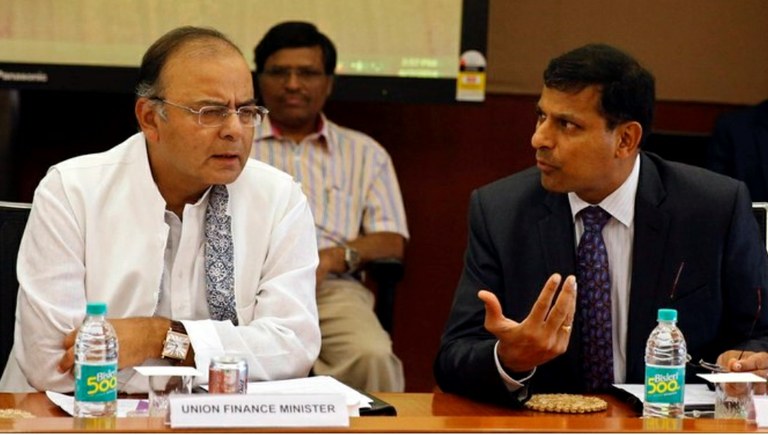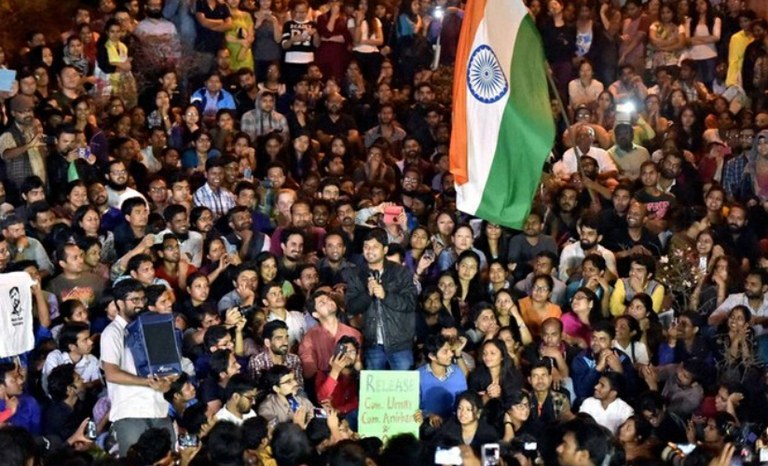Will Aadhaar Act Address India’s Dire Need For a Privacy Law?
The article was published by Quint on March 31, 2016.
 |
|---|
The passage of the Aadhaar (Targeted Delivery of Financial and Other Subsidies, Benefits and Services) Act, 2016 (will hereby be referred to as “the Act”) has led to flak for the government from privacy advocates, academia and civil society, to name a few.
To my mind, the opposition deserves its fair share of criticism (lacking so far), for its absolute failure to engage with and act as a check on the government in the passage of the Act, and the events leading up to it.
The government’s introduction of the Act as a ‘money bill’ under Article 110 of the Constitution of India (“this/the Article”) is a mockery of the constitutional process. It renders redundant, the role of the Rajya Sabha as a check on the functioning of the Lower House.
Article 110 limits a ‘money bill’ only to six specific instances: covering tax, the government’s financial obligations and, receipts and payments to and from the Consolidated Fund of India, and, connected matters.
The Act lies well outside the confines of the Article; the government’s action may attract the attention of the courts.
Political One-Upmanship
 |
|---|
| Finance Minister Arun Jaitley (left) listens to Reserve Bank of India (RBI) Governor Raghuram Rajan. (Photo: Reuters) |
In the past, the Supreme Court (“the Court”) has stepped into the domain of the Parliament or the Executive when there was a complete and utter disregard for India’s constitutional scheme. In recent constitutional history, this is perhaps most noticeable in the anti-defection cases, (beginning with Kihoto Hollohan in 1992); and, in the SR Bommai case in 1994, on the imposition of the President’s rule in states.
In hindsight, although India has benefited from the Court’s action in the Bommai and Hollohan cases, it is unlikely that the passage of the Aadhaar Act as a ‘money bill’, reprehensible as it is, meets the threshold required for the Court’s intervention in Parliamentary procedure.
Besides, the manner of its passage, the Act warrants
- Censure for its process
- Its (in)compatibility with fundamental rights
- The failure to incorporate the suggestions of the Yashwant Sinha-led Standing Committee to UPA’s NIDAI Bill
- The possibility of surveillance that it presents
- The lack of measures to protect personal information
- Its inadequate privacy safeguards
- The questions around the realisation of its stated purpose.
Instead, a part of the Aadhaar debate has involved political one-upmanship between the Congress and the BJP, pitting the former’s NIDAI Bill against the latter’s Aadhaar Act.
While an academic comparison between the two is welcome, its use as a tool for political supremacy would be laughable, were it not deeply problematic, given the many serious concerns highlighted above.
Better Than UPA Bill?
 |
|---|
| The Act may have more privacy safeguards than the earlier UPA Bill. (Photo: iStockphoto) |
And while the Act may have more privacy safeguards than the earlier UPA Bill, critics have argued that they not up to the international standard, and instead, that they are plagued by opacity.
Additionally, despite claims that the Act is a significant improvement over the UPA Bill, it fails to address concerns, including around the centralised storage of information, that were raised by civil society members and others.
Perhaps most problematically, however, the Act takes away an individual’s control of her own information. Subsidies, government benefits and services are linked to the mandatory possession of an Aadhar number (Section 7 of the Act), effectively negating the ‘freedom’ of voluntary enrollment (Section 3 of the Act). This directly contradicts the recommendations of the Justice AP Shah Committee, before whom the Unique Identification Authority of India had earlier stated that enrollment in Aadhaar was voluntary.
To make matters worse, the individual does not have the authority to correct, modify or alter her information; this lies, instead, with the UIDAI alone (Section 31 of the Act). And the sharing of such personal information does not require a court order in all cases.
 |
|---|
| Kanhaiya Kumar speaking in JNU on 3 March 2016. (Photo: PTI) |
These recent events around Aadhaar have only underscored the dire urgency for comprehensive privacy legislation in India and, the need to overhaul our data protection laws to meet our constitutional commitments along with international standards.



